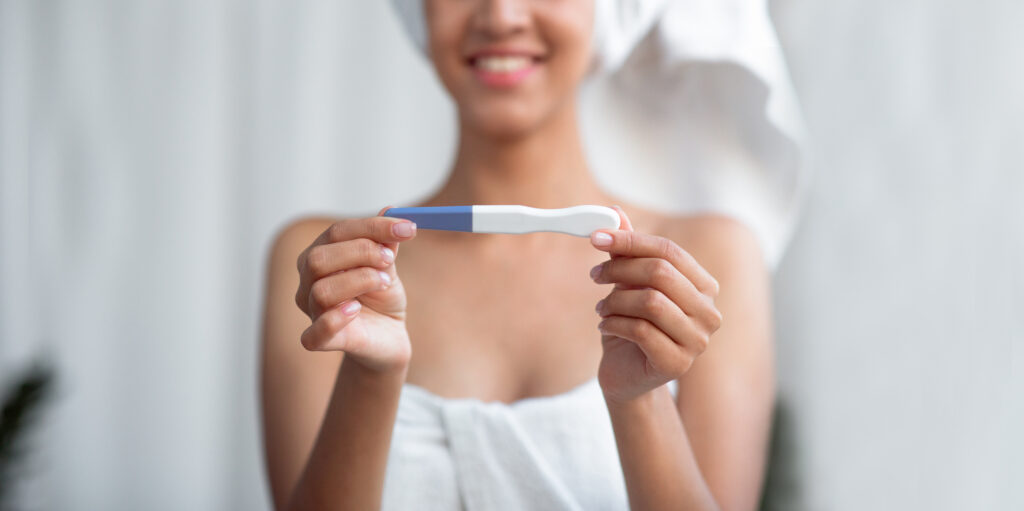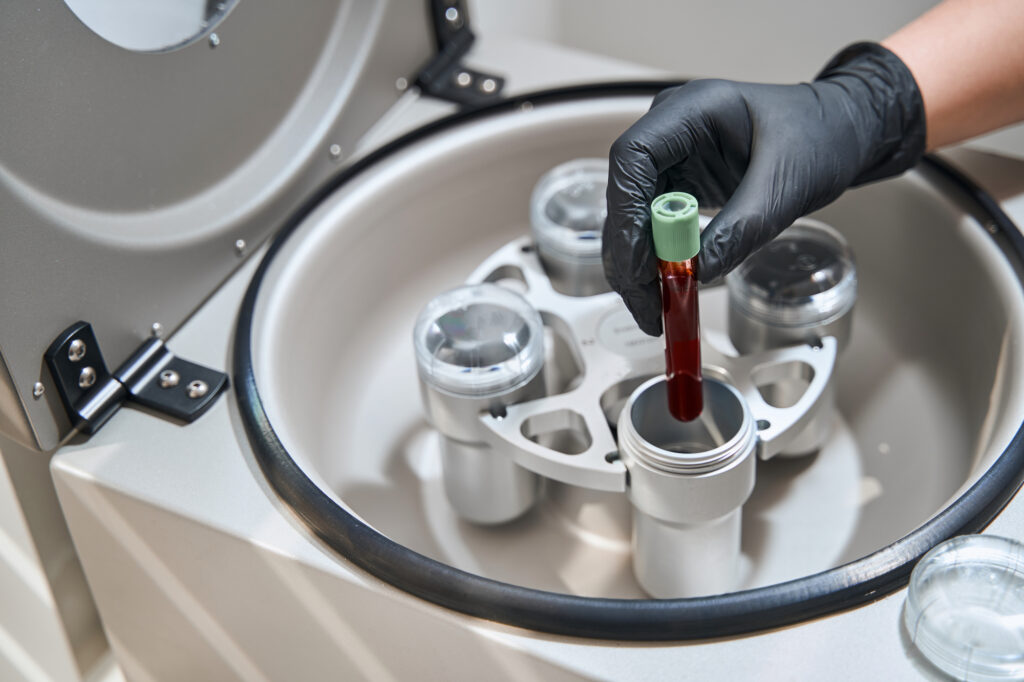Infertility is a common problem that affects many couples who are trying to conceive a baby. For women, there are several symptoms that can indicate potential infertility issues. Dr. Jeffrey Kotzen is here to help.
Infertility Symptoms to Watch Out For:
- Irregular menstrual cycles: A woman’s menstrual cycle is a good indicator of her fertility. Irregular cycles can make it difficult to predict ovulation, which can make it harder to conceive. According to the American Society for Reproductive Medicine (ASRM), irregular cycles are a common sign of infertility.
- Painful periods: Painful periods, also known as dysmenorrhea, can be a sign of underlying fertility issues. This pain can be caused by conditions such as endometriosis, which can affect fertility.
- Hormonal imbalances: Hormonal imbalances can disrupt the ovulation process and make it harder to conceive. Symptoms of hormonal imbalances can include acne, weight gain, and hair loss. It is important to speak with a healthcare provider if you suspect you may have a hormonal imbalance.
- Age: Age is a major factor in a woman’s fertility. As women age, their fertility naturally declines. According to the ASRM, women over the age of 35 are at a higher risk of infertility.
- Pelvic pain: Pelvic pain can be a sign of underlying fertility issues. Conditions such as pelvic inflammatory disease (PID) can cause pelvic pain and affect fertility.
- Previous surgeries: Previous surgeries, such as a hysterectomy, can affect a woman’s fertility. It is important to speak with a healthcare provider if you have had a previous surgery and are having trouble conceiving.
- Family history: A family history of infertility can also be a sign that you may have fertility issues. It is important to speak with a healthcare provider if you have a family history of infertility.
If you are experiencing any of these symptoms, it is important to speak with Dr. Jeffrey Kotzen. Dr. Kotzen can help you determine if there are any underlying fertility issues and provide guidance on potential treatment options. Additionally, the ASRM recommends that couples seek medical evaluation if they have been unable to conceive after one year of unprotected intercourse if the woman is under the age of 35, or after six months if the woman is over the age of 35.



